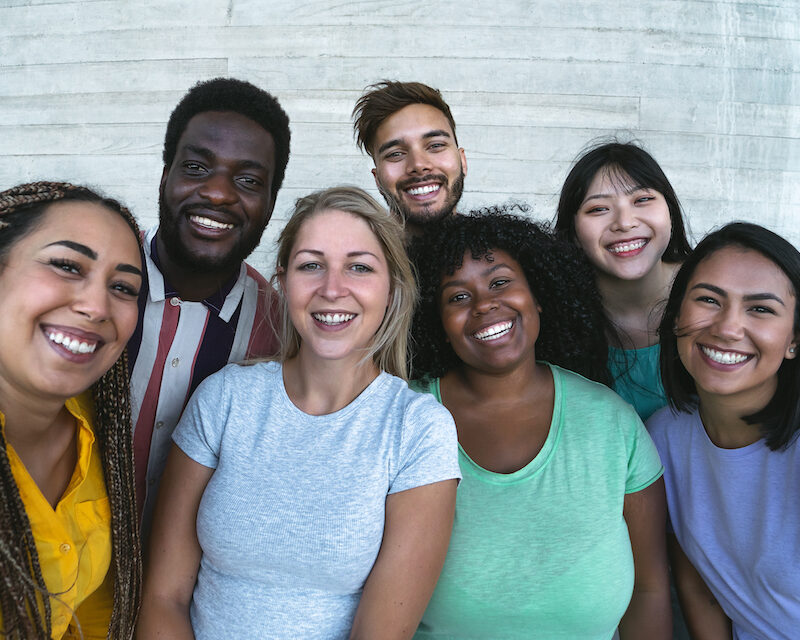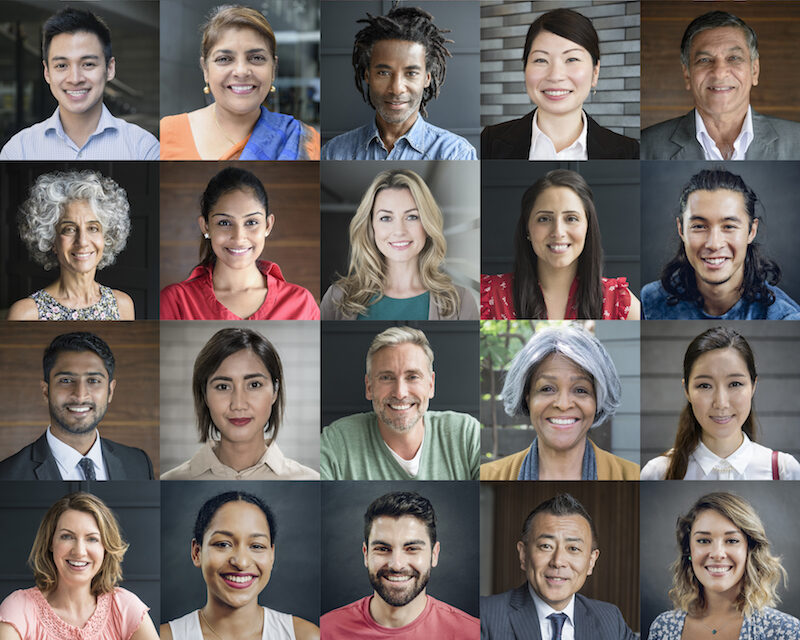Learning from Survivors and With Survivors
The National Survivor Study is the largest and most significant effort to date to learn directly from survivors of sex and labor trafficking about what they have experienced and what they need to heal. Survivors themselves designed and implemented the survey as full partners in the project. The result is anti-trafficking research that focuses on survivors’ futures as much as their past and reveals concrete pathways for action.

“As I was going along in this survey, I realized how good it felt to tell my experience and to those who care enough to know. It felt triggering and healing at the same time. I am glad I did it. For we survivors know more than anyone what happened and what it was like…“
— Human Trafficking Survivor
What We Learned
The title of the findings report can also be seen as a summary of the findings. In Harm’s Way: How Systems Fail Human Trafficking Survivors, leverages the expertise of survivors to paint a detailed picture of the arc of trafficking – from the conditions that make people vulnerable, to barriers to healing when those same people break free after experiencing exploitation. In doing so, it offers a virtual roadmap for policymakers and allies seeking to make change.
Key Findings
Survivors of human trafficking are not thriving. The systems that were supposed to protect them before, during and after their human trafficking situations failed and failed miserably. Systems such as child welfare, criminal justice and legal systems — failed. And few survivors have access to services — notably mental health and employment supports — they need to heal and thrive.
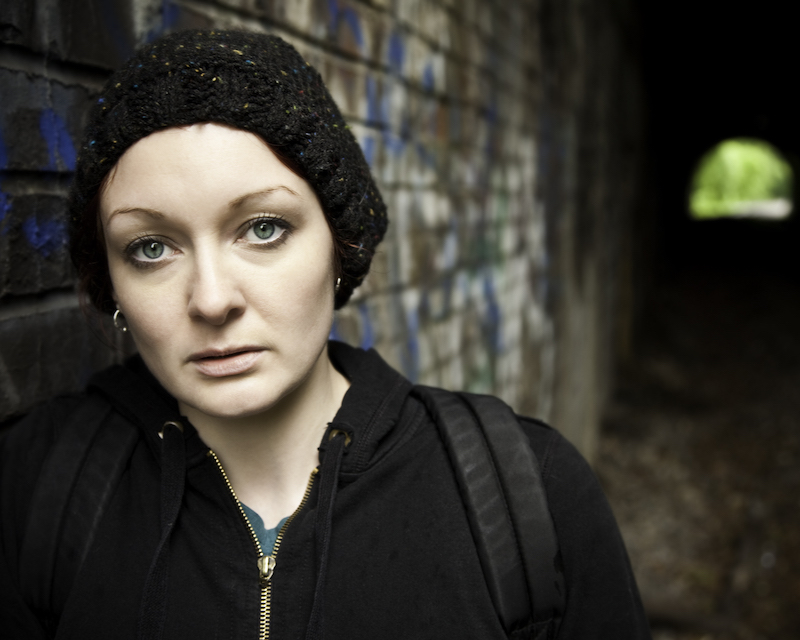
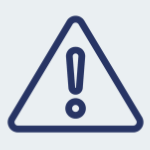
Vulnerabilities to Trafficking
Prior to their trafficking, survivors reported experiencing other vulnerabilities at alarmingly high rates.
- 83% experienced poverty.
- 96% experienced abuse (physical, sexual, emotional).
- 93% experienced substance abuse and mental health challenges.


Services and Support for Trafficking Survivors
Accessible, affordable and trauma-informed mental health support was what respondents most frequently reported needing and had trouble getting.
- At time of exit, 75% of respondents reported support in accessing behavioral or mental health services as one of their top needs.
- At the time of the survey, the same level of need was reported by 39% of respondents.
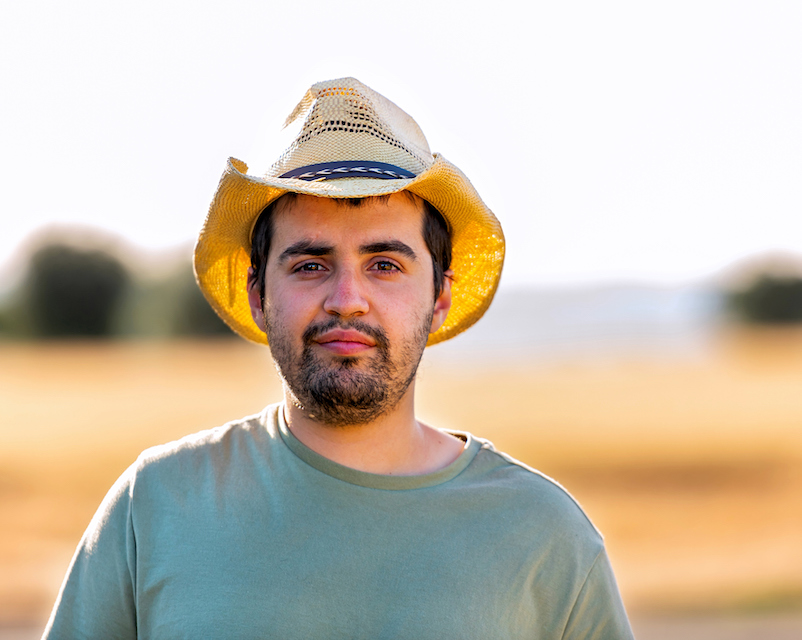

Barriers to Inclusion and Stability
Survivors of sex and labor trafficking faced some unique barriers to financial and societal inclusion that may not similarly affect survivors of other kinds of violence.
- Roughly 40% of respondents reported some kind of criminal record as a result of their trafficking experience.
- Over 60% of respondents reported experiencing financial abuse by their trafficker.
- Respondents are twice as likely to be unbanked compared to the general US population.
What Survivor Experts Said
In these videos, survivors of human trafficking share the challenges and difficulties they face related to having limited financial access, having a criminal record, accessing long-term care, obtaining employment, and experiencing income instability.
![]()
“Currently trying to get back on my feet after leaving my exploitation. I’m dancing in a strip club almost every single day, trying to save as much money as possible so I can pursue other sources of income. Right now stripping is the only thing I know how to do and I do well. It’s hard to let go.”
“Estaba bien hace un mes, pero a partir de este mes mi salario bajó y tendré que buscar un empleo secundario para poder seguir pagando la renta y los pagos que tengo. [I was fair a month ago, but as of this month my salary is low, and I will have to look for a secondary job to be able to continue paying the rent and the payments that I have.]”
“This year (10 years out) is the first year I am making thriving wages and can not only support my family but pay off debt and start saving.”
“My employer took away all my benefits during COVID and hasn’t reinstated them, which
is very stressful for me because of financial trauma, and makes me feel trapped and not secure (now I work for them less). I started an organization that is doing pretty well, but it’s been really hard to get a house because of self employment…. There are also not enough organizations willing to help survivors financially or à la carte outside of their own rigid programs. It’s always going to be a journey, no certificate of completion in healing from this.”
![]() “No one ever asked me why I had committed the crime. They were only concerned with punishment. If someone would’ve asked me why, it would’ve revealed the abuse that was happening in my home. As a result I was labor trafficked and set up to be sexually exploited by my mother. Epic fail, juvenile justice system! You’re not about justice at all!!!”
“No one ever asked me why I had committed the crime. They were only concerned with punishment. If someone would’ve asked me why, it would’ve revealed the abuse that was happening in my home. As a result I was labor trafficked and set up to be sexually exploited by my mother. Epic fail, juvenile justice system! You’re not about justice at all!!!”
“My experience of being on probation and being involved with the jail system and the law enforcement was really bad. I mean at the end of the day, they didn’t ever press charges against our traffickers nor do they believe me, that is treating me as a runaway and treating me like I was the bad child when my father was the one on drugs the whole time and was the reason why I left. I was obviously crying out for help by skipping school and acting out and getting in trouble, and no one caught that.”
“I was sentenced to five years in state prison alongside the person who exploited me. Furthermore, when I was arrested, I was put in a room by myself for a very long time.
I was never offered help or resources. Because I refused to give a statement for my own safety I was taken to jail and kept there for two years while I fought my case. I was never released prior to being sentenced. I am also ineligible for record relief due to my conviction being classified as a violent felony.”
“There’s so many needs that you can’t get when you have a criminal record. It makes it more difficult to get your employment, it makes it more difficult to get housing, it makes it more difficult to get services. It affects everything.”
![]() “I had a lot of fraud committed on my bank accounts, and for a while I was blacklisted from having my own bank account. When I got out of exploitation, my grandmother had to vouch for me at her bank and be a joint owner for years until I could prove that I could have the account on my own. Years after exploitation, there is still often fraud on my account and I often wonder if it is tied to my social security number or name on the dark web because my husband and family don’t ever have this many issues with fraud.”
“I had a lot of fraud committed on my bank accounts, and for a while I was blacklisted from having my own bank account. When I got out of exploitation, my grandmother had to vouch for me at her bank and be a joint owner for years until I could prove that I could have the account on my own. Years after exploitation, there is still often fraud on my account and I often wonder if it is tied to my social security number or name on the dark web because my husband and family don’t ever have this many issues with fraud.”
“My entire life is a wreck due my credit history, which I wasn’t even in any control of.”
“I had no independent bank account, credit, lease, or financial means that weren’t co-signed or co-account/joint with my exploiters. All things were joint.”
“I’m a single mom of two children and one more baby coming in February. I was recently assaulted, which caused the unplanned pregnancy. My traffickers used my social security number and ID to open credit cards and phone bills, etc., and racked up collections under my ID; it’s impossible to get rid of the debt. They also claimed me and my children since leaving that life and got all of the stimulus for all of us and continue to steal it from us. We are struggling so much. I’m doing counseling as well as [training], trying to grow and learn. Financially we are a mess. State assistance still leaves us hungry with prices that have gone up. I go to food banks and even beg on the street for money if I have to.”
![]() “I think of the faith-based org I decided to call somewhat harmful as like an abusive relationship. It was somewhat helpful too. It can all be multifaceted.”
“I think of the faith-based org I decided to call somewhat harmful as like an abusive relationship. It was somewhat helpful too. It can all be multifaceted.”
“I didn’t get help and knew no other survivors — I never met other familial trafficking survivors until recently. Thought I was the only one.”
“I had nobody to help me. I didn’t know anything about reaching out or finding people to support me. I spent many years without therapy, without assistance, without health care. It’s caused detrimental mental damage to me.”
“Meeting another survivor and putting a name to what happened to me — priceless.”
What’s Next?
The initial NSS report is just the beginning. Deeper analysis will help to illuminate more specific information that can be used to design solutions that work for survivors and for vulnerable communities. In the meantime you can help support survivors by contacting Congress to enact change on failing systems.
Additional Resources
About the National Survivor Study
The study aims to put survivor experience and expertise at the center of our work building evidence-based strategies in the fight against human trafficking. Learn more about how the study was developed, initials learnings, and get answers to frequently asked questions. This page is also available in Spanish and Mandarin.
National Survivor Study Findings and Resources
Learn more about research outcomes and findings from the study, including service access, immigration and child-related challenges and the criminalization of survivors. This page is also available in Spanish and Mandarin.
Milestones on a Learning Journey
Read about the learnings from the unique design of this study, which aims to include survivors in every step of the process, from what questions were asked in the study to focus groups to dig deeper on certain issues.


